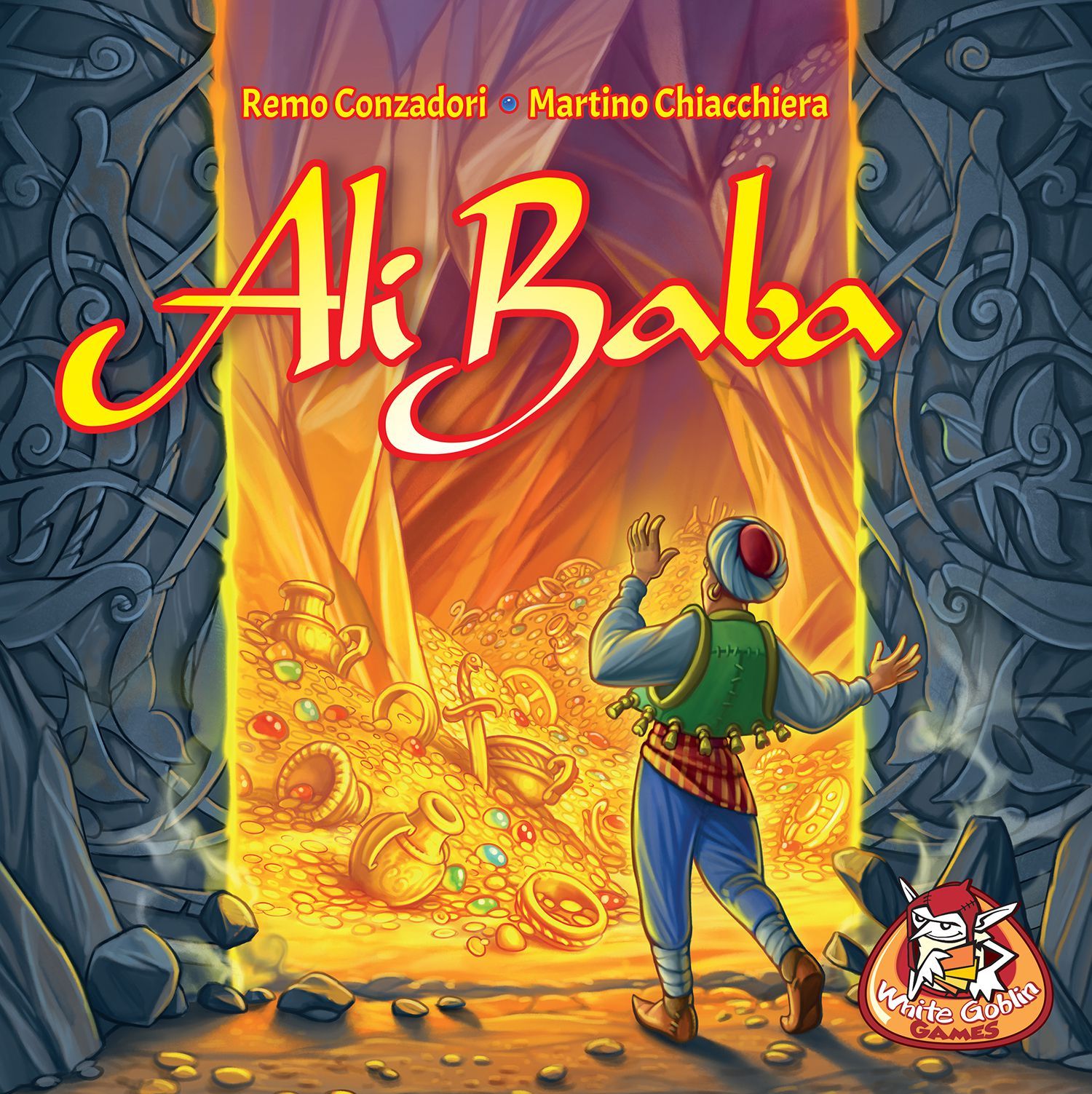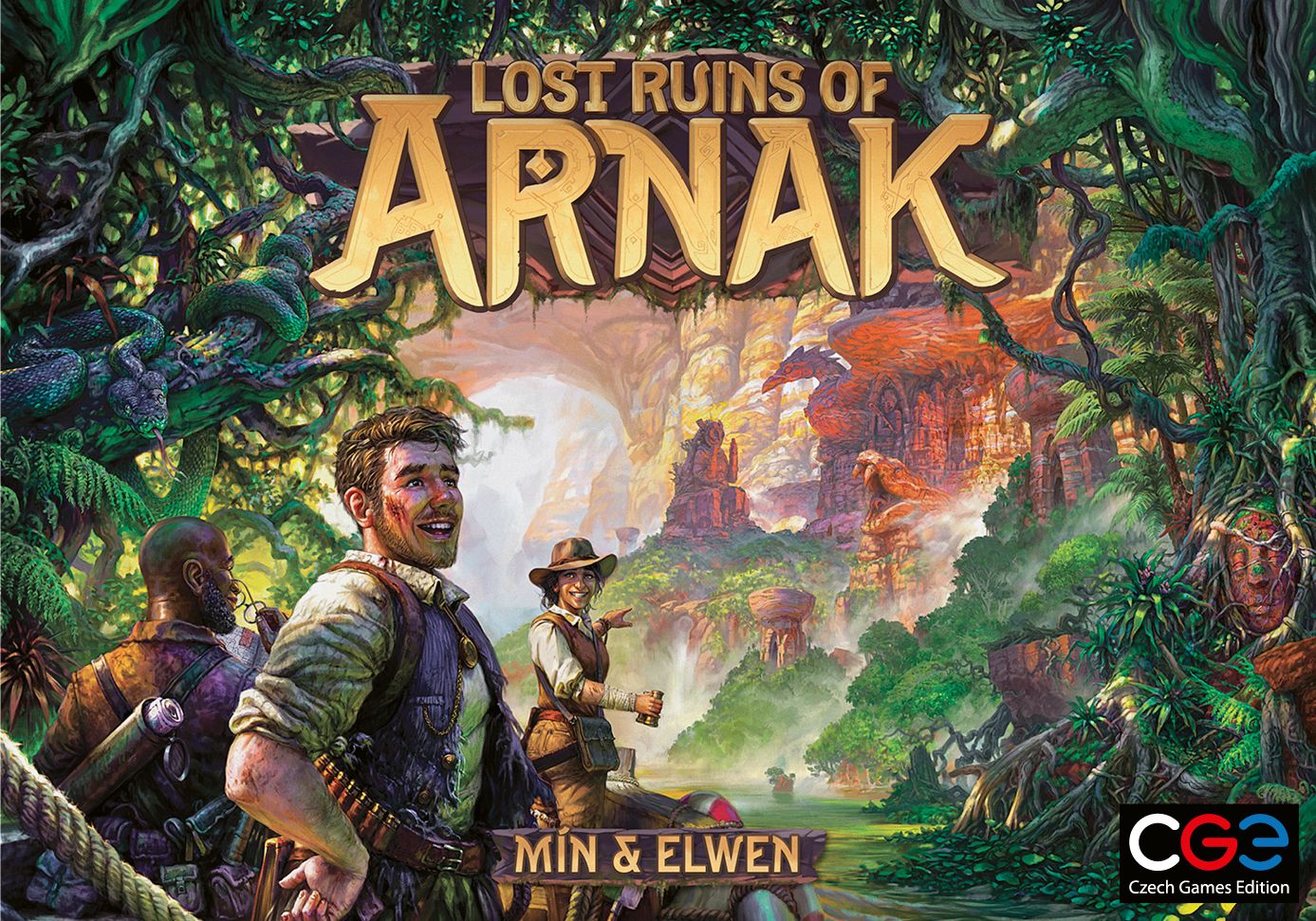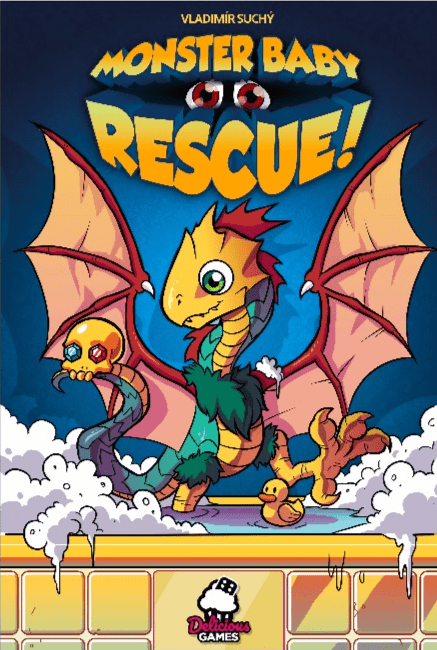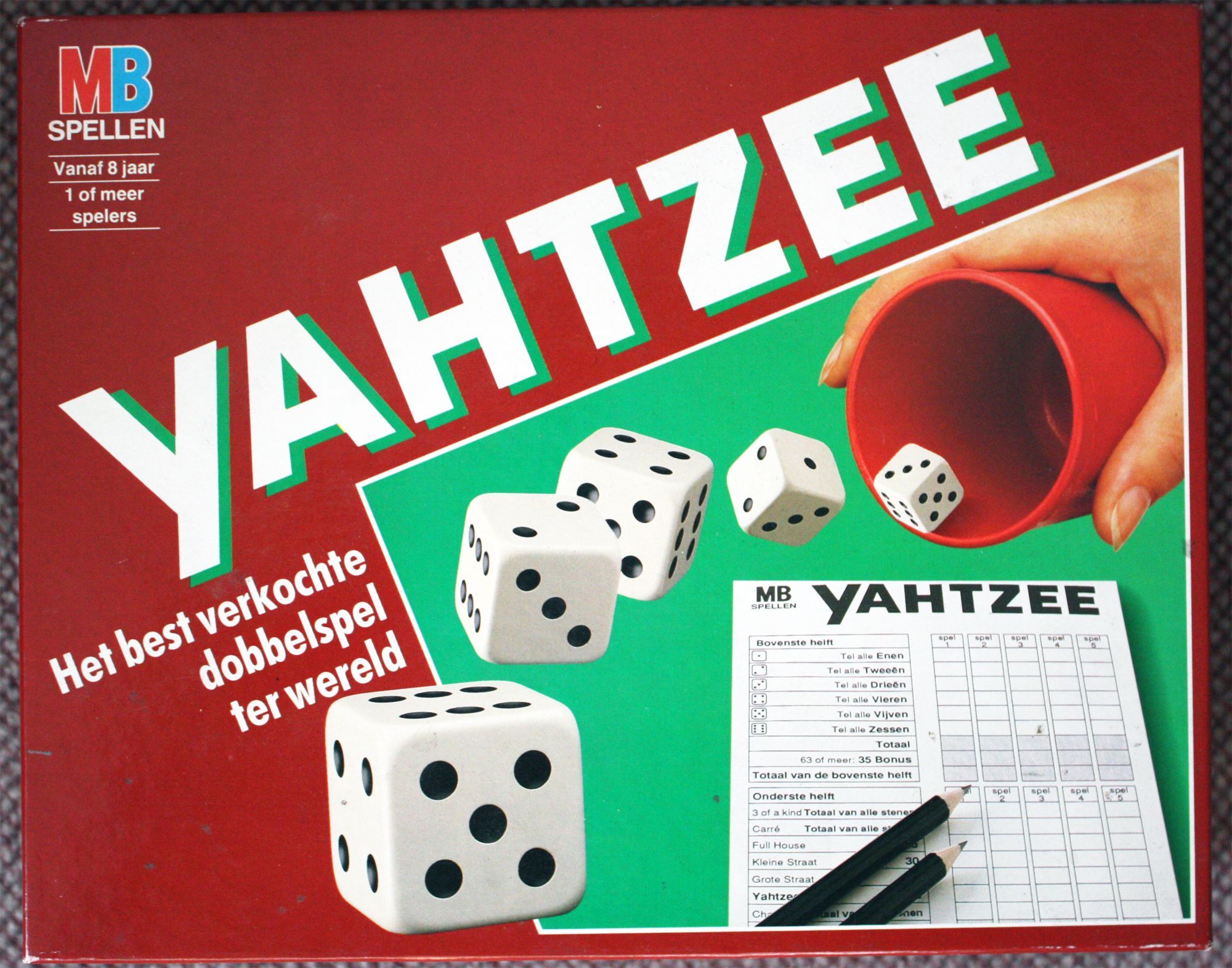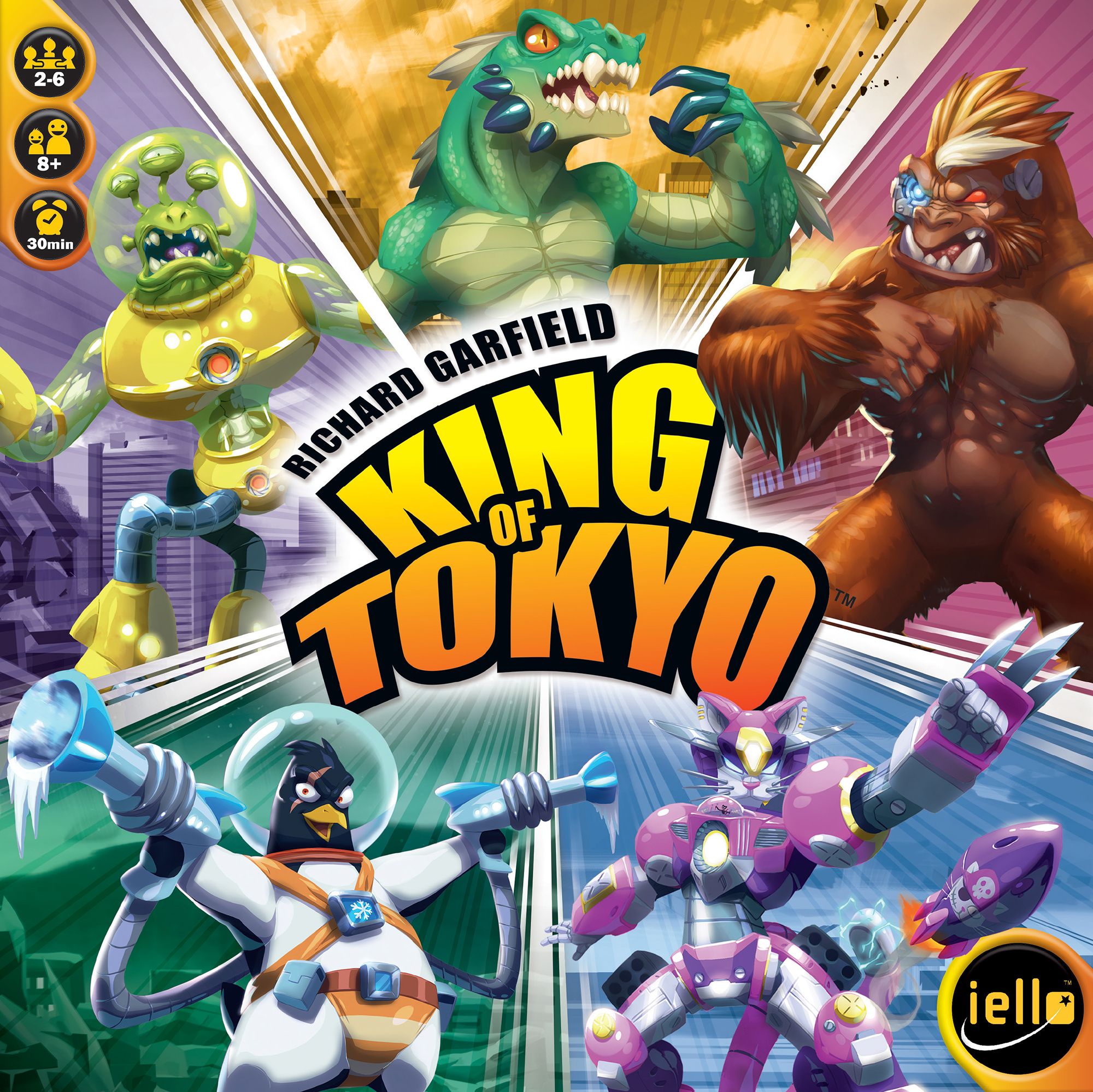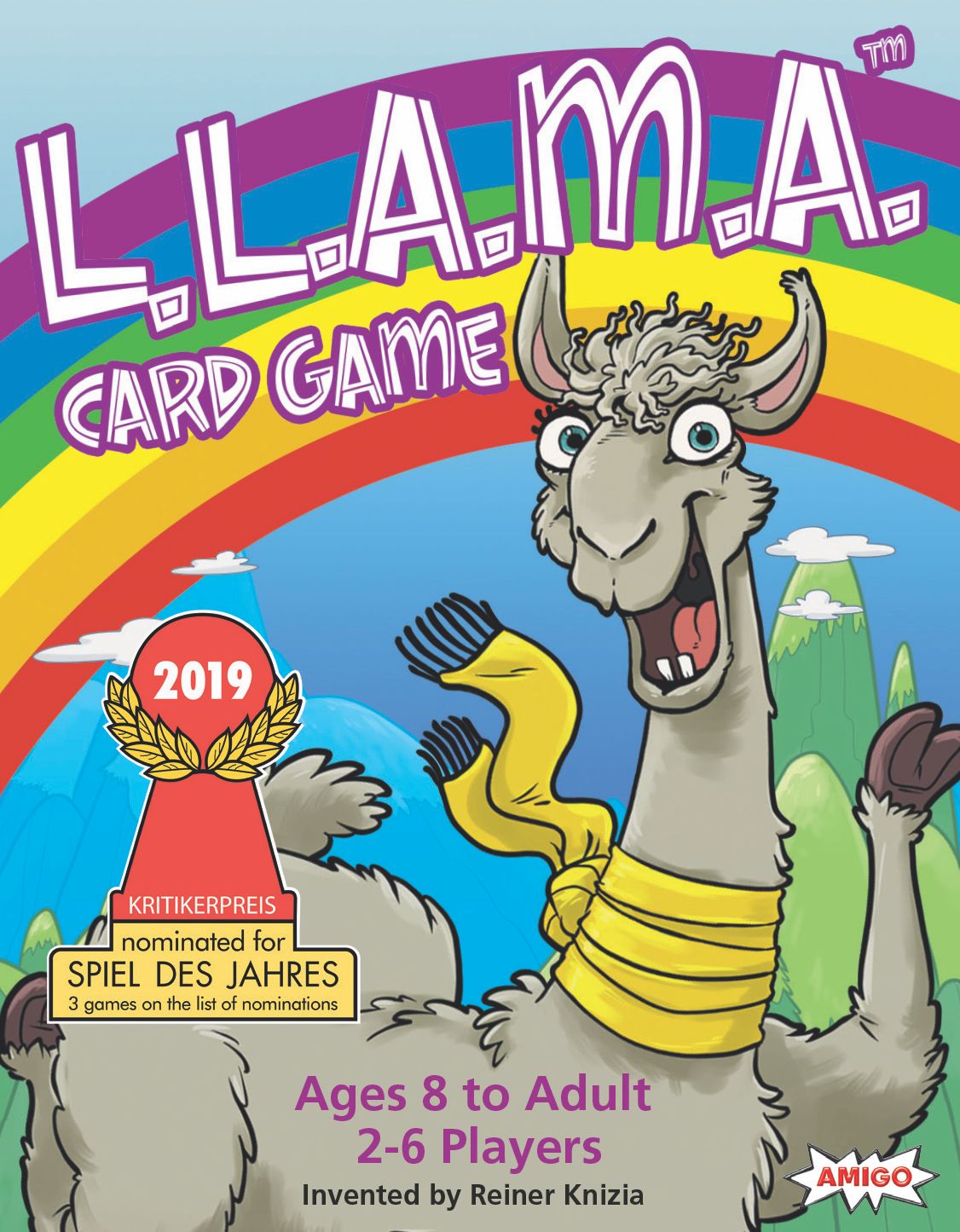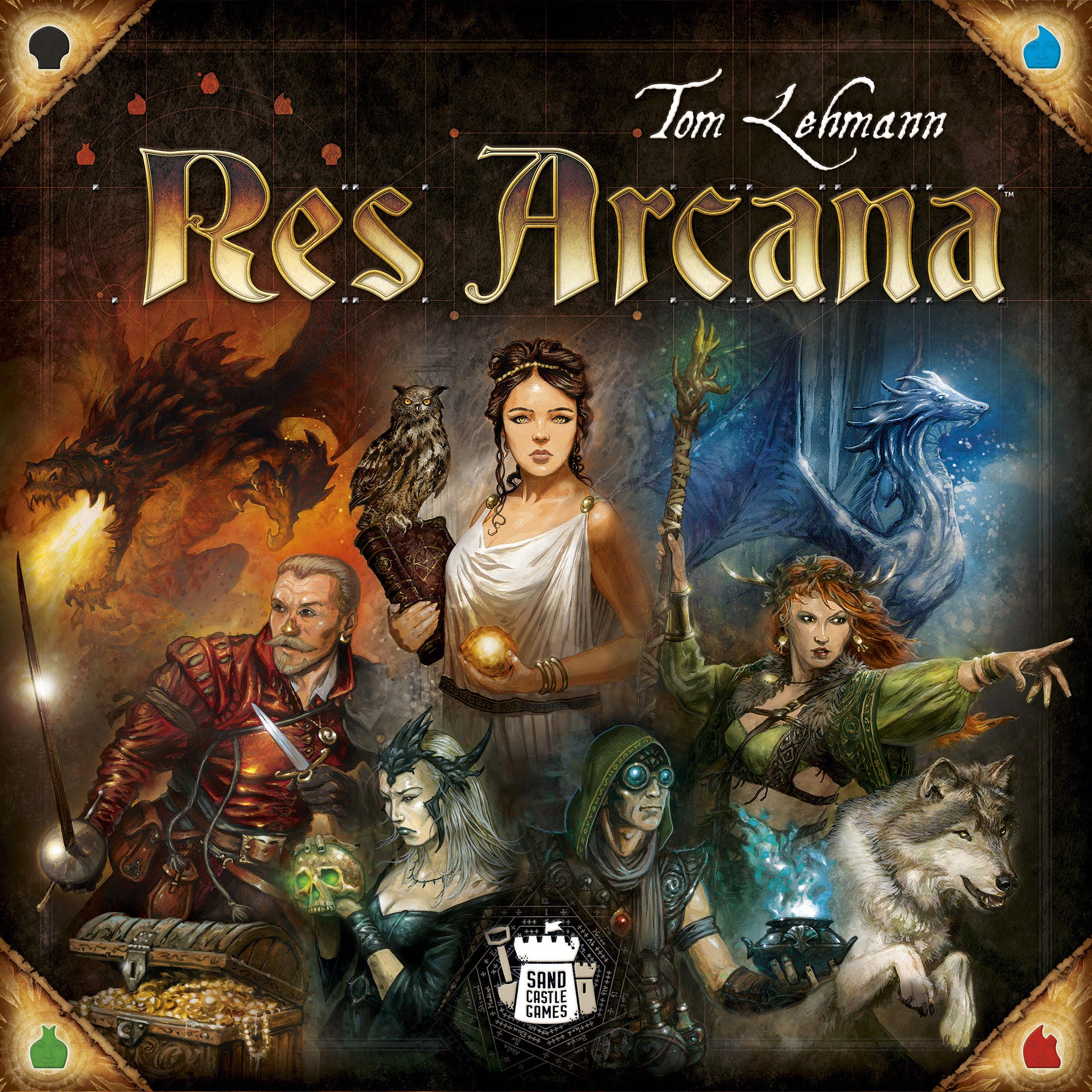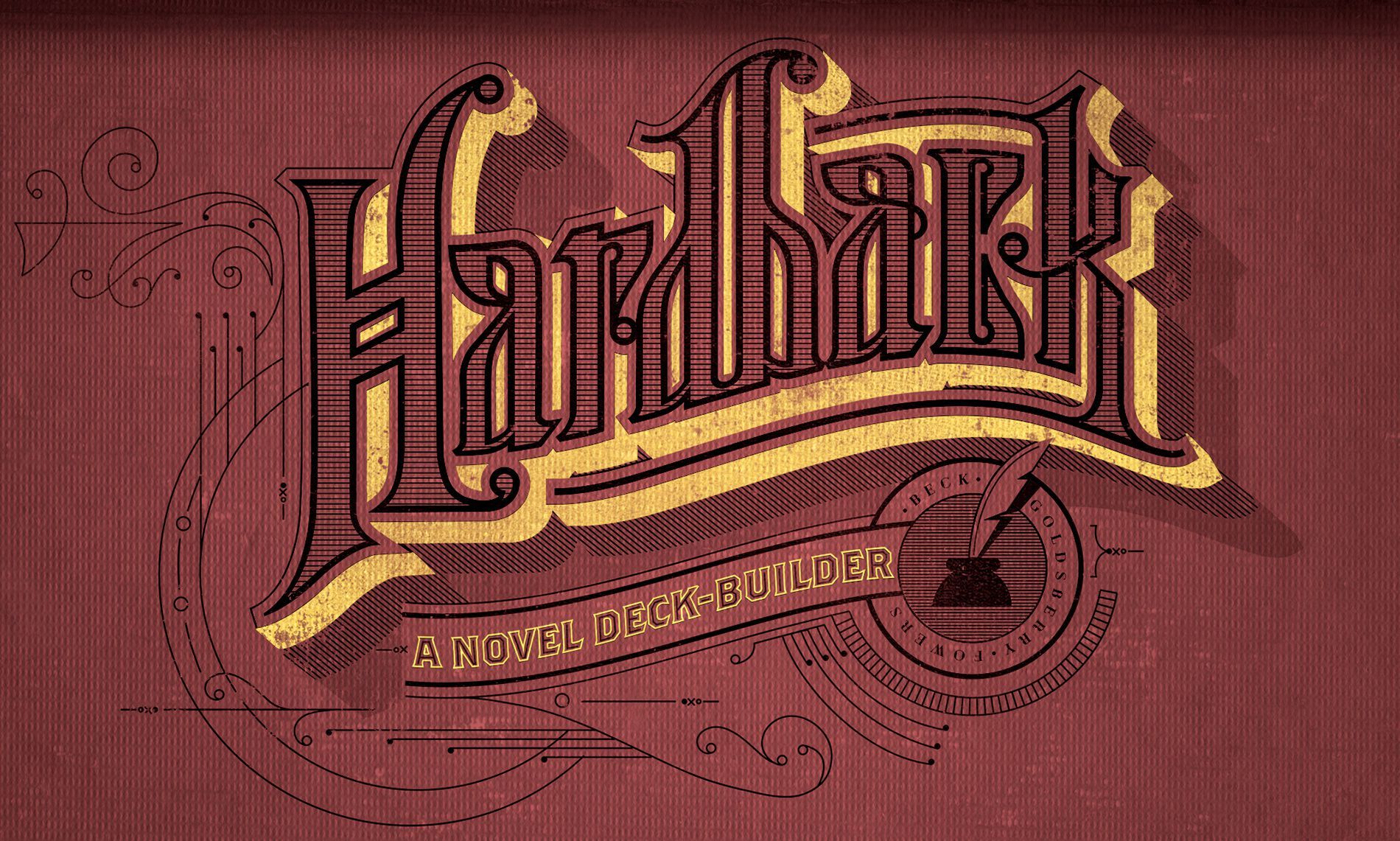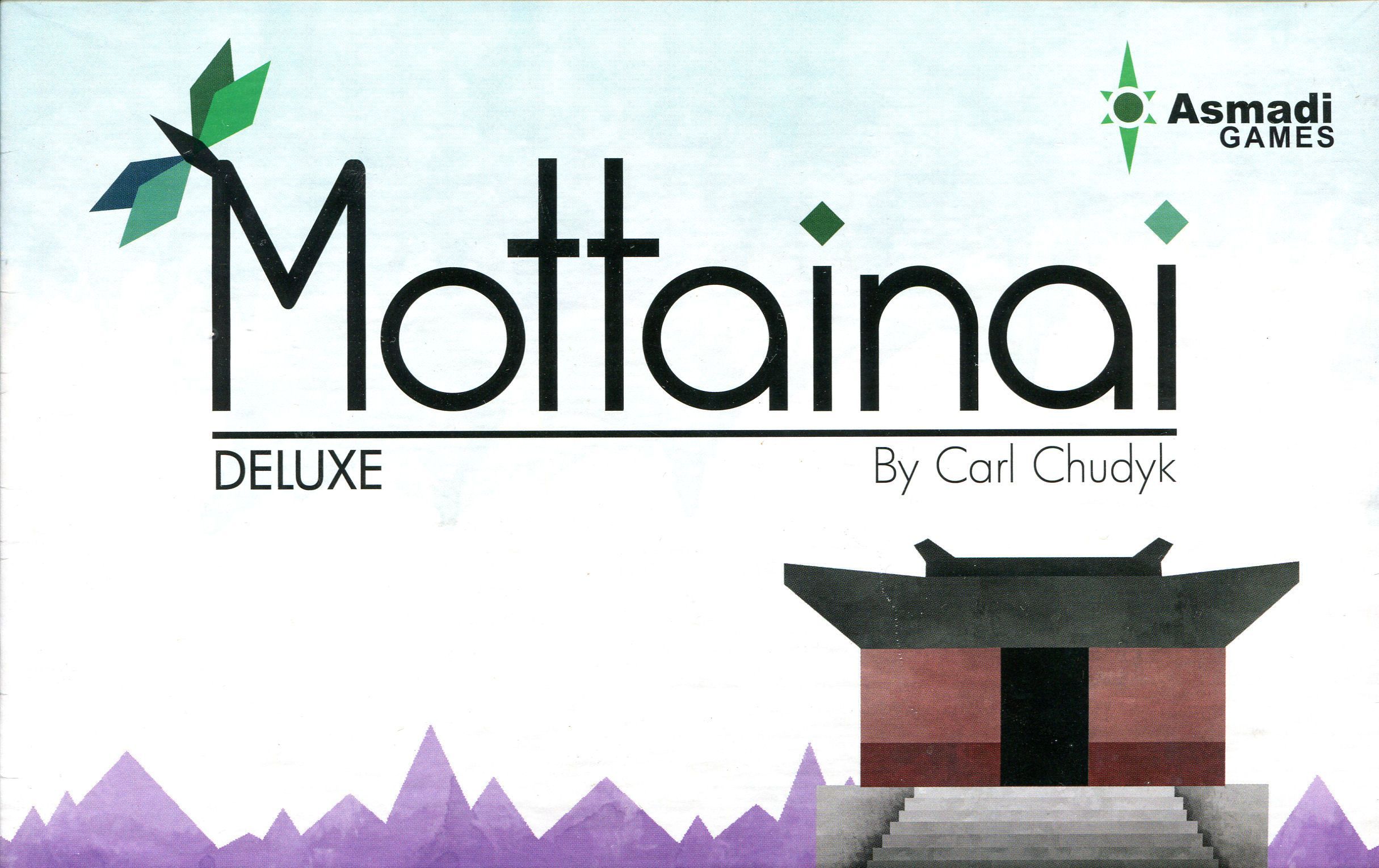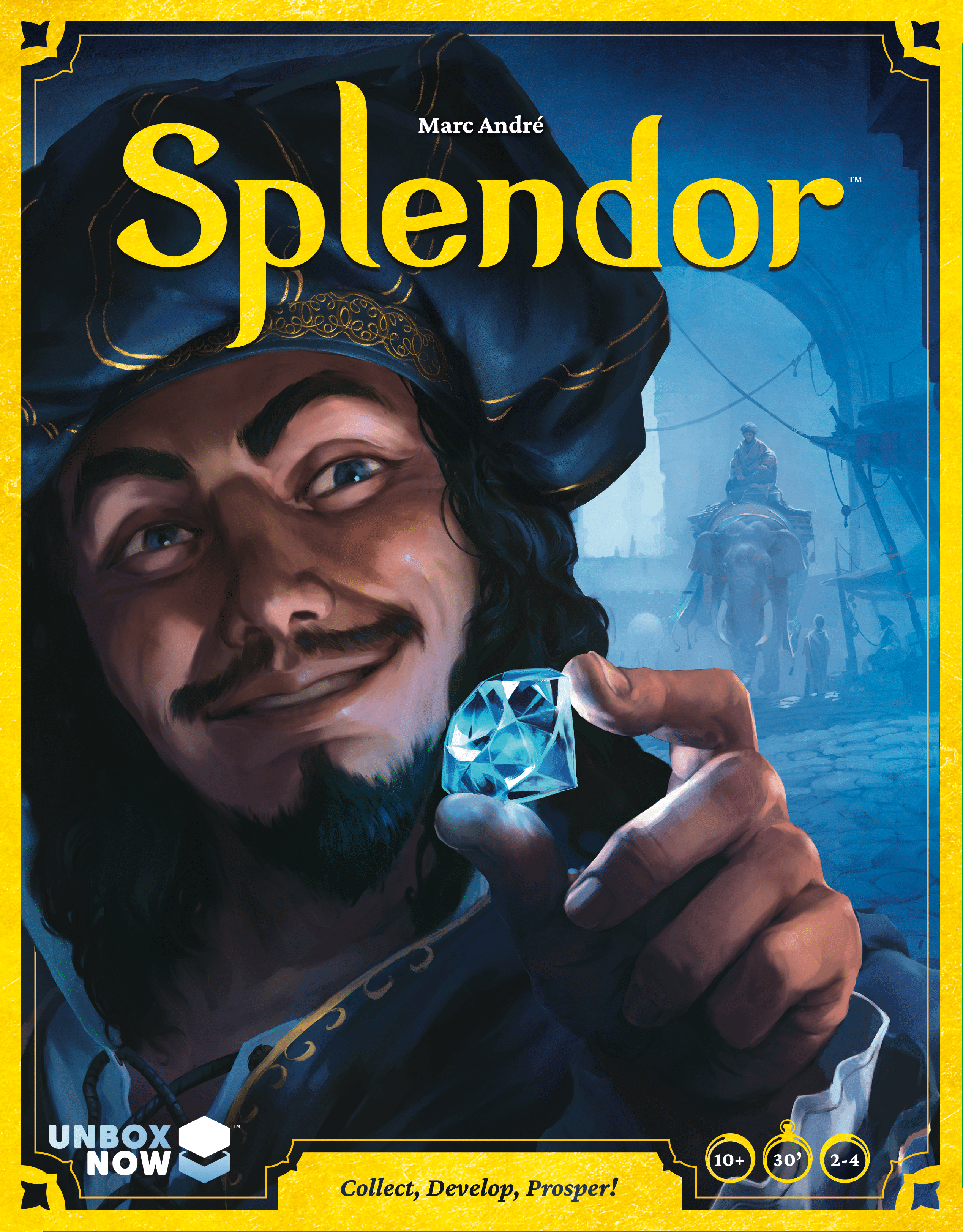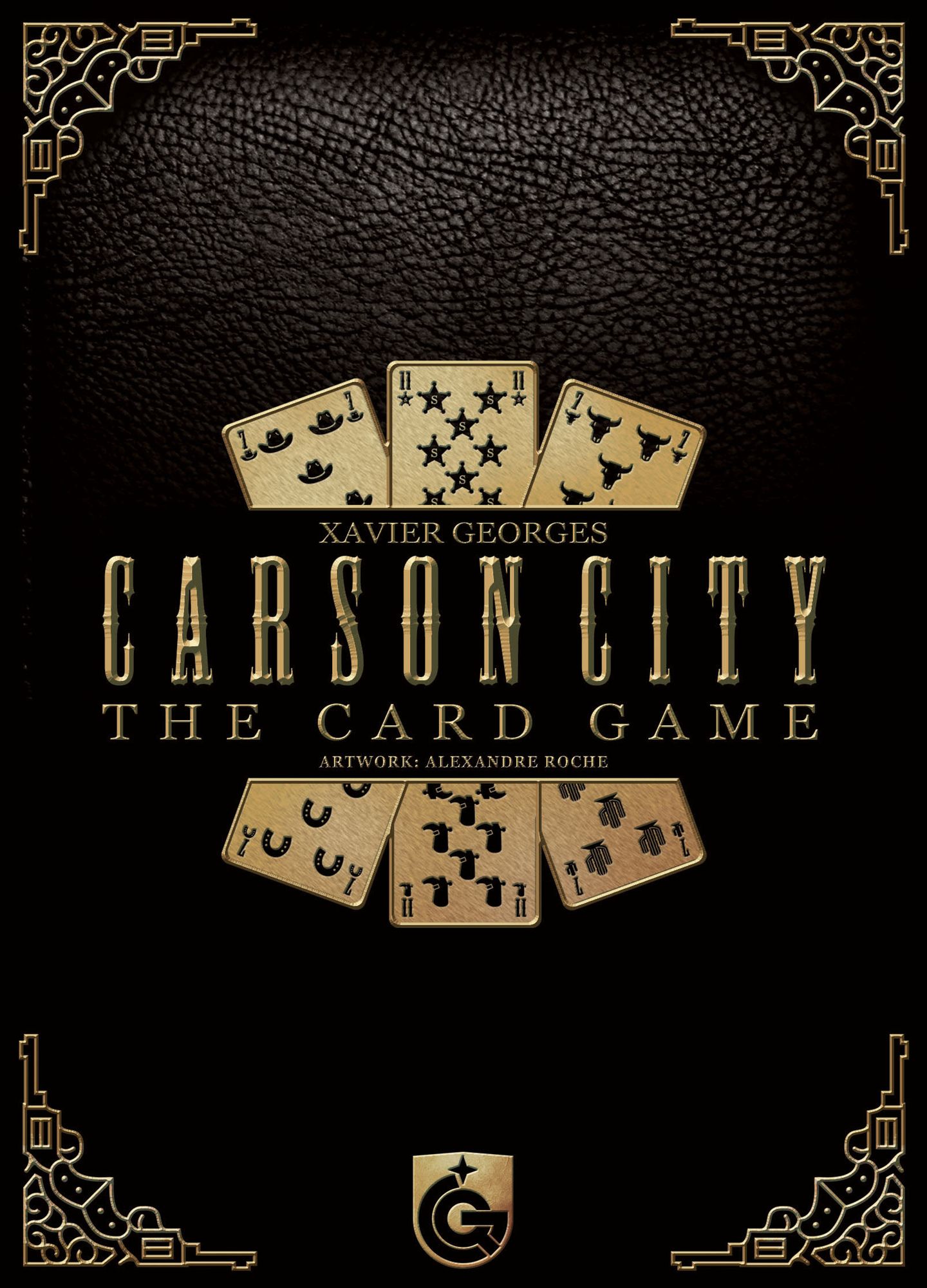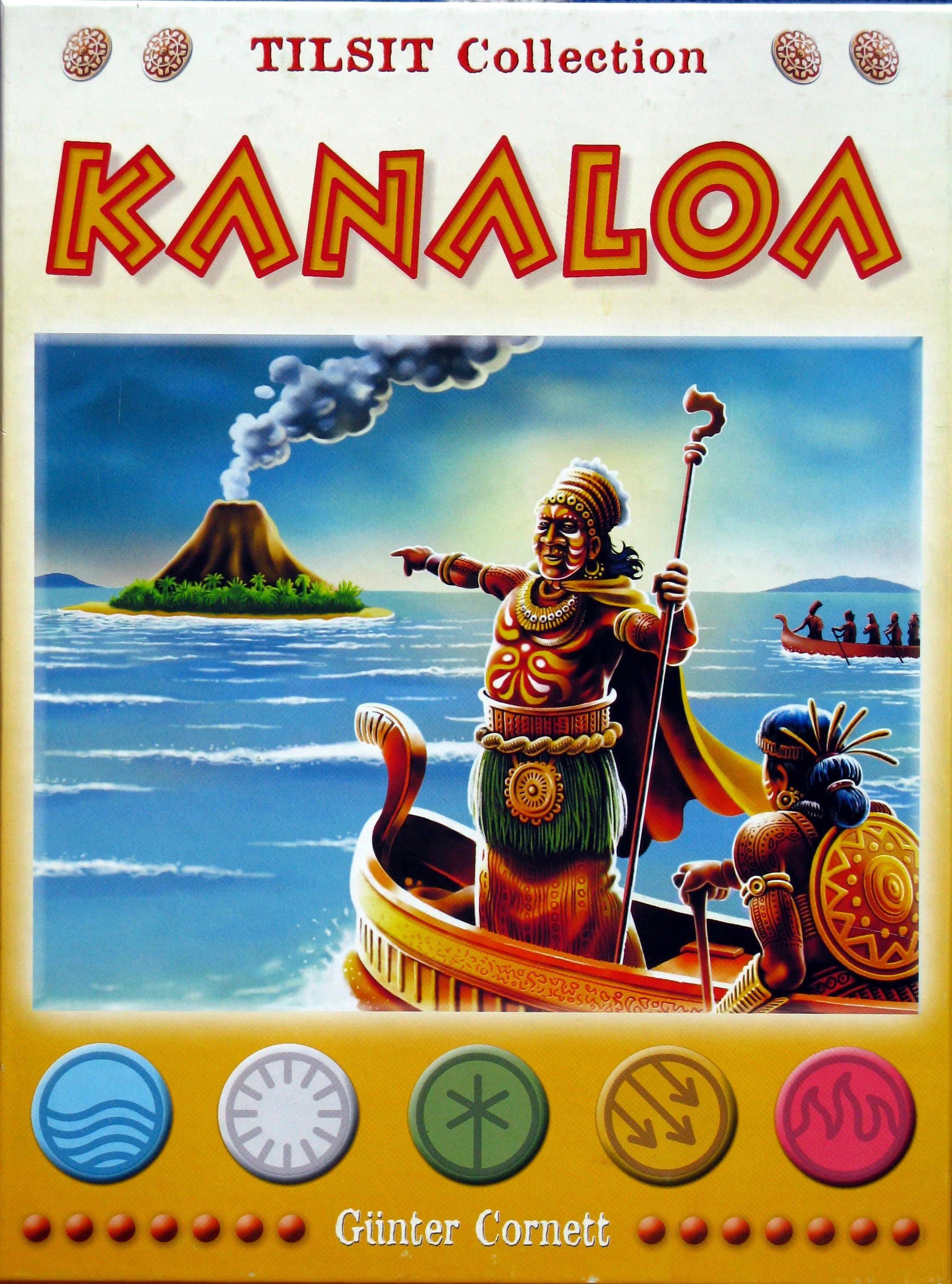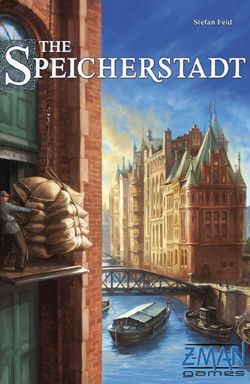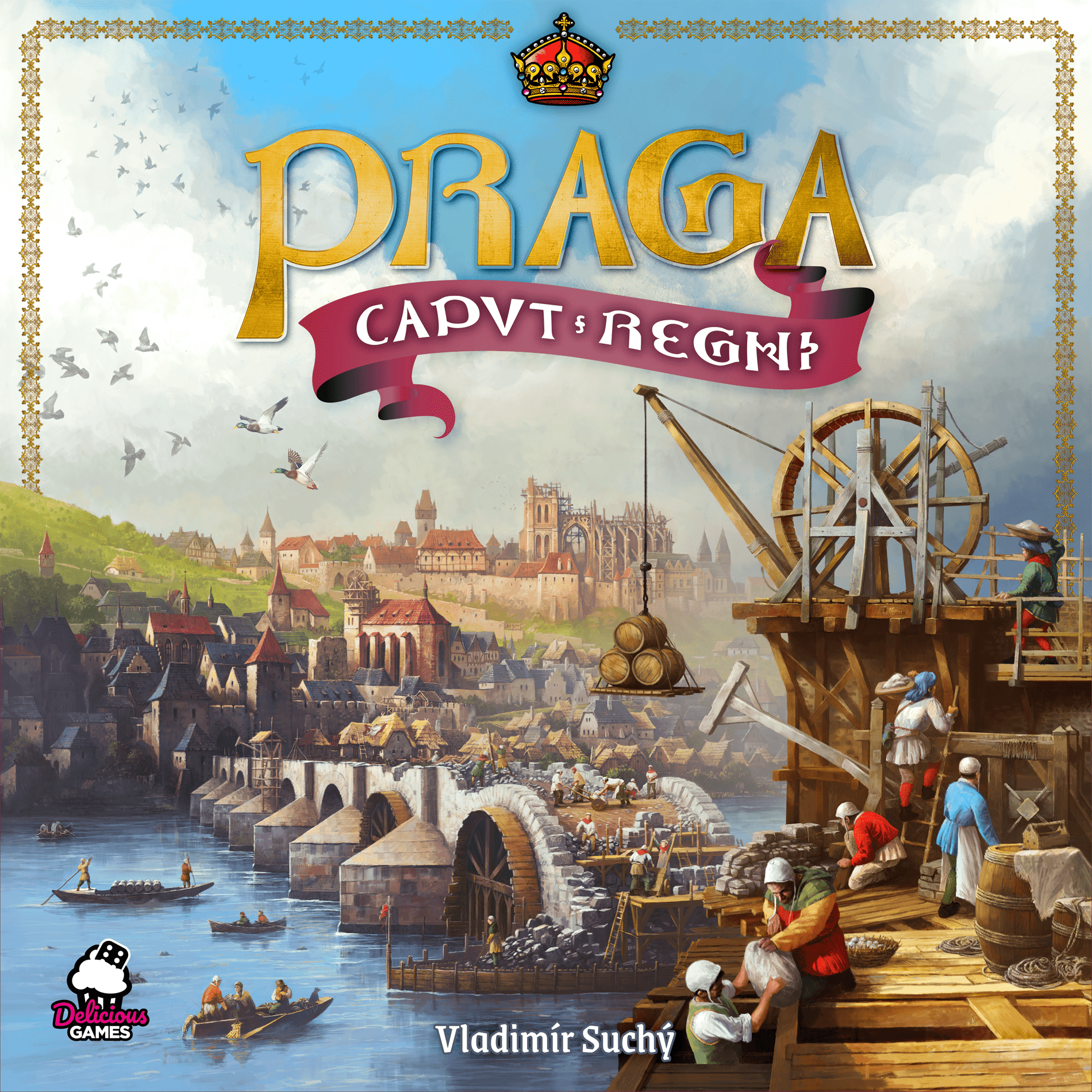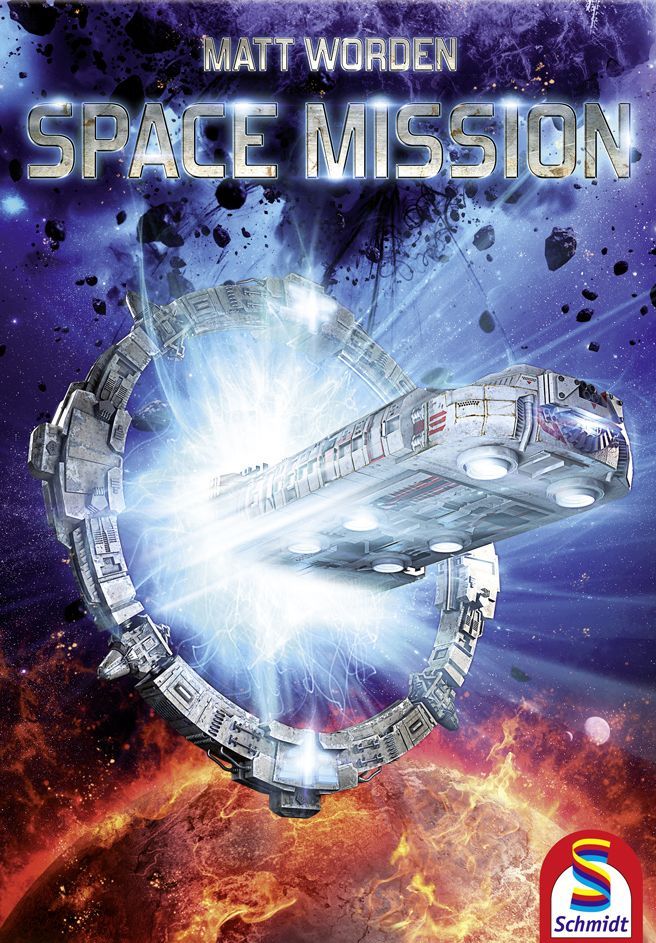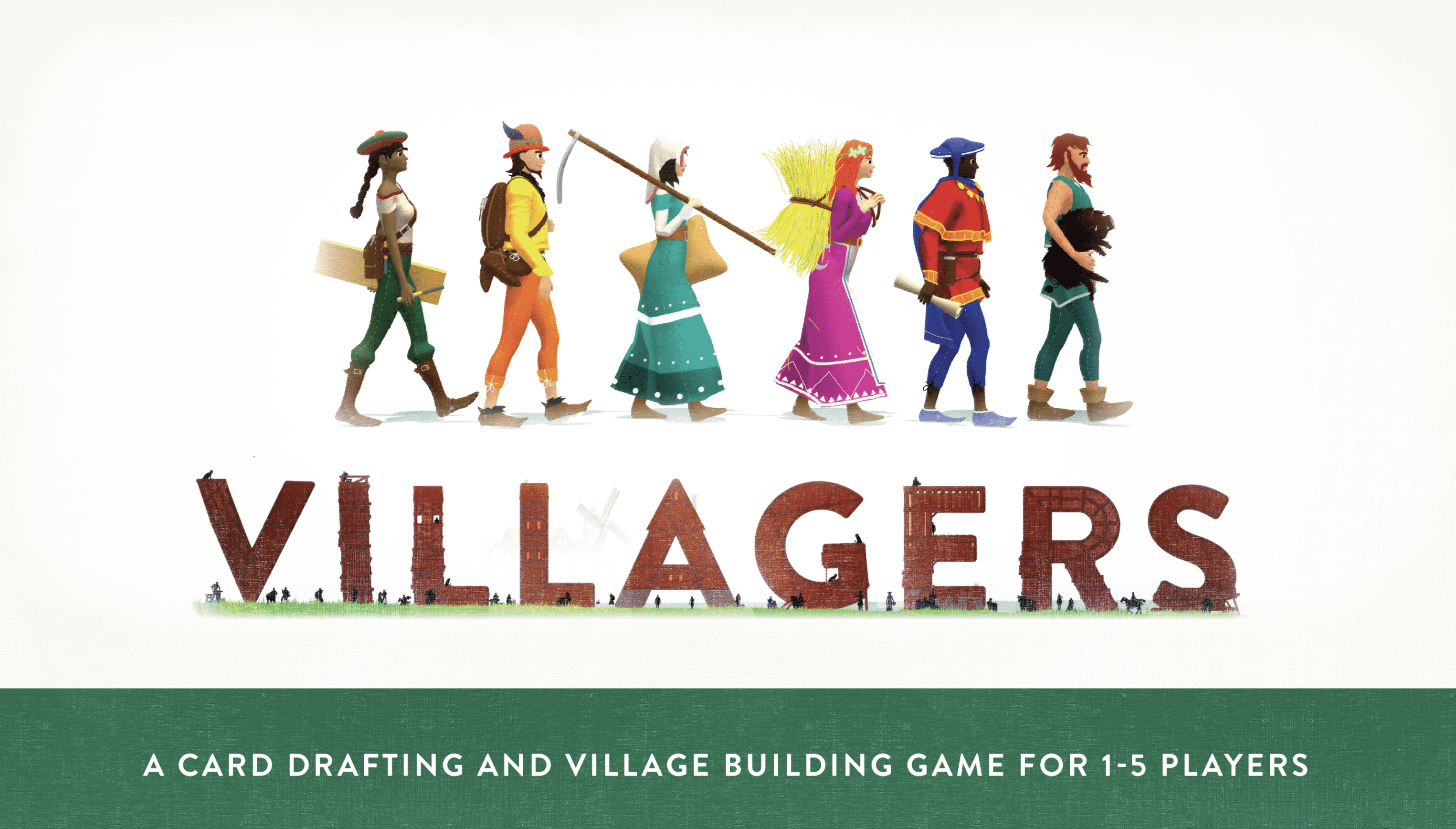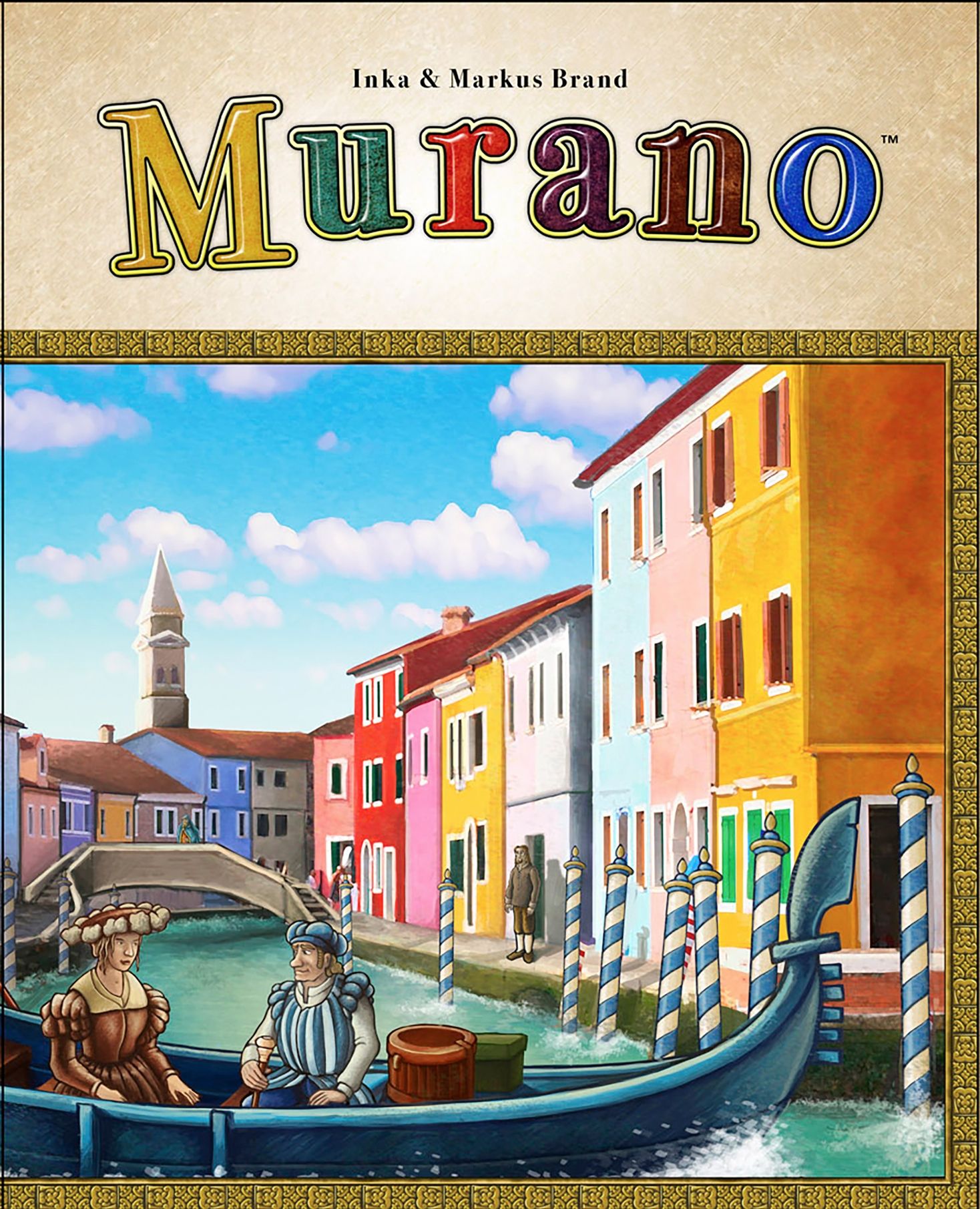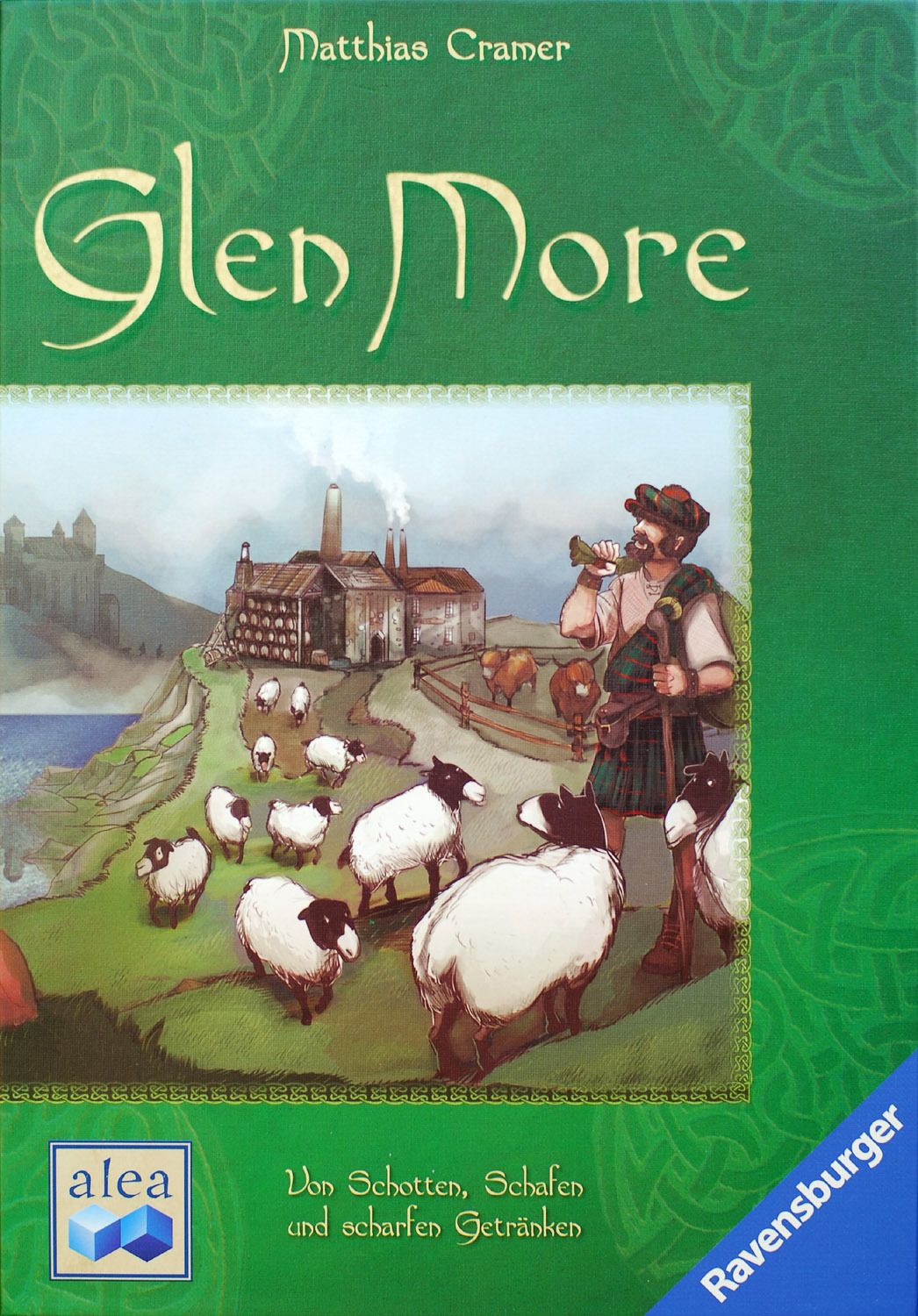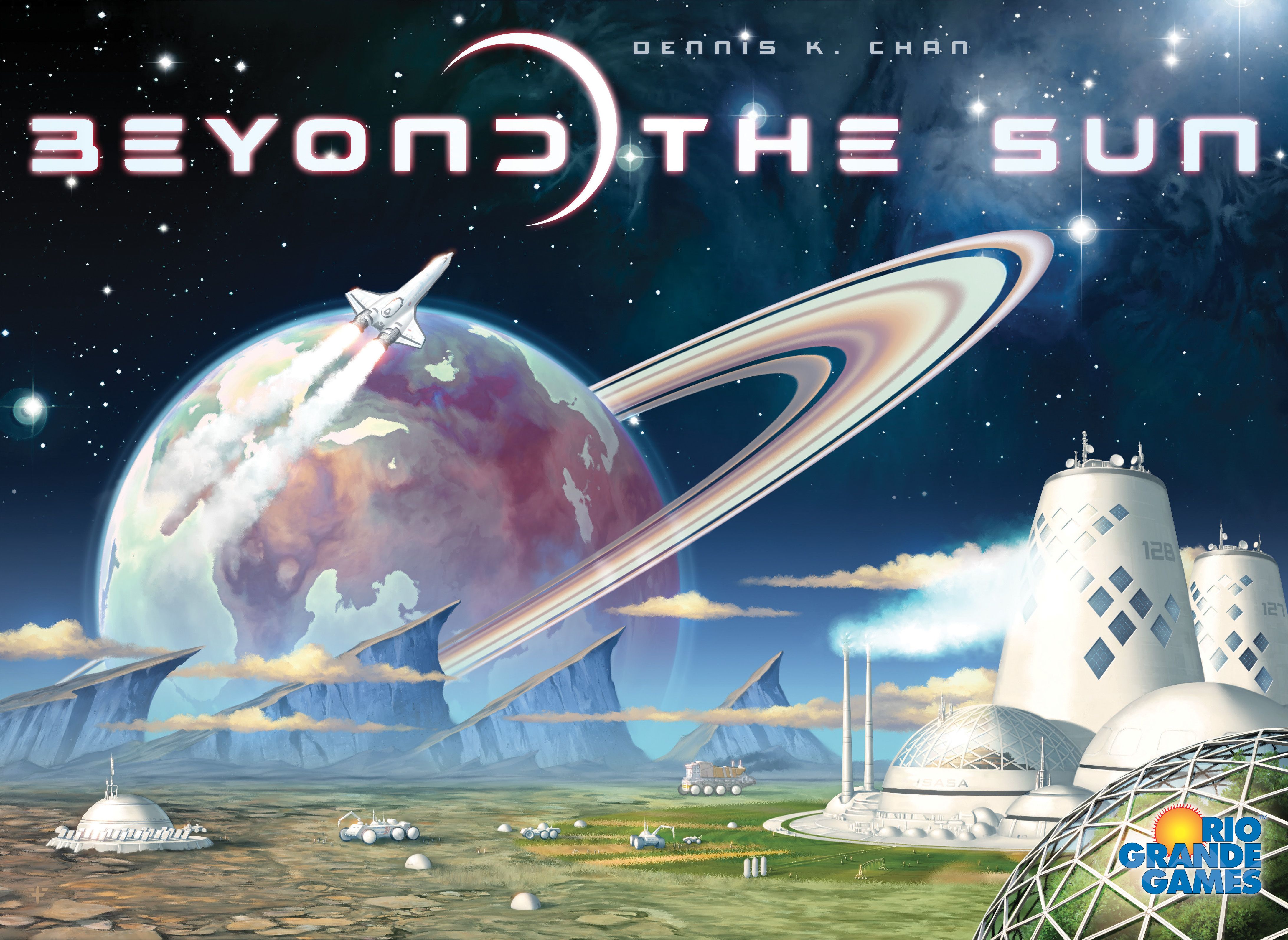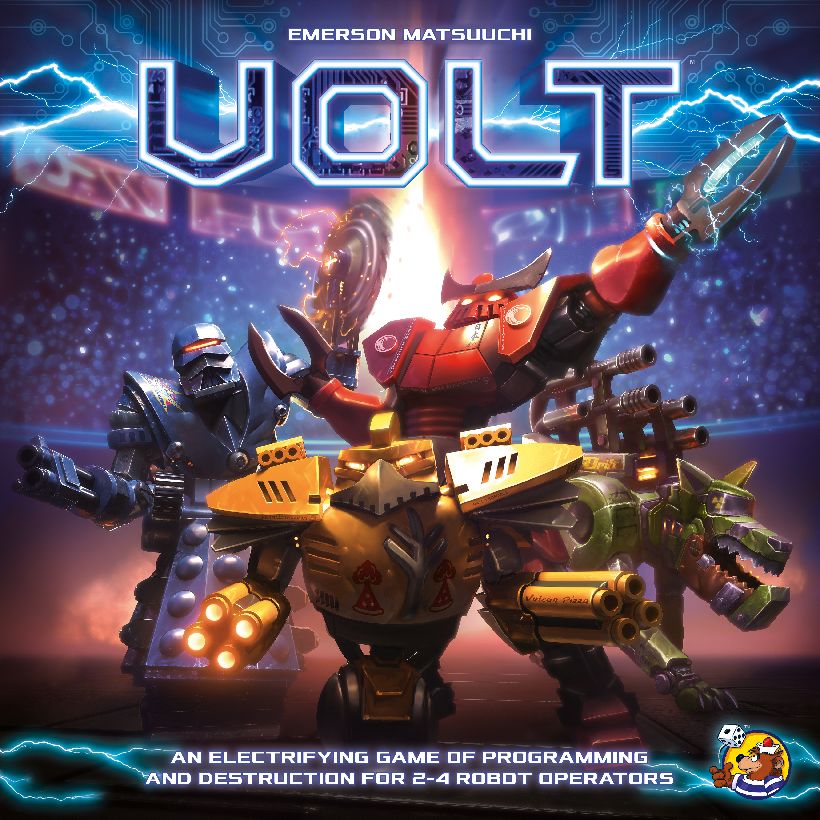Ali Baba BGG
other title:
Алі Баба
genre:
Arabian
/
Mythology
platform:
Boardgame
publisher:
IGAMES
/
White Goblin Games
Open sesame! Before Ali Baba's amazed eyes, the sealed mouth of the cave magically opens. The cave is filled with treasures: golden statues, chests with coins, shiny swords, and necklaces with precious marbles. An enormous pile of treasures almost reaches the roof of the cave. Ali Baba doesn't hesitate and starts gathering treasures...
In Ali Baba, you want to collect treasures from the cave of the forty thieves. Each turn you take one of of the open tiles on the game board. After taking a tile, some new tiles can become available. The background color of each tile corresponds with a special effect, and you can use these effects to outsmart your opponents! The more treasures of the same kind you have at the end of the game, the more points you score. Become the most wealthy player to win!
In Ali Baba, you want to collect treasures from the cave of the forty thieves. Each turn you take one of of the open tiles on the game board. After taking a tile, some new tiles can become available. The background color of each tile corresponds with a special effect, and you can use these effects to outsmart your opponents! The more treasures of the same kind you have at the end of the game, the more points you score. Become the most wealthy player to win!
